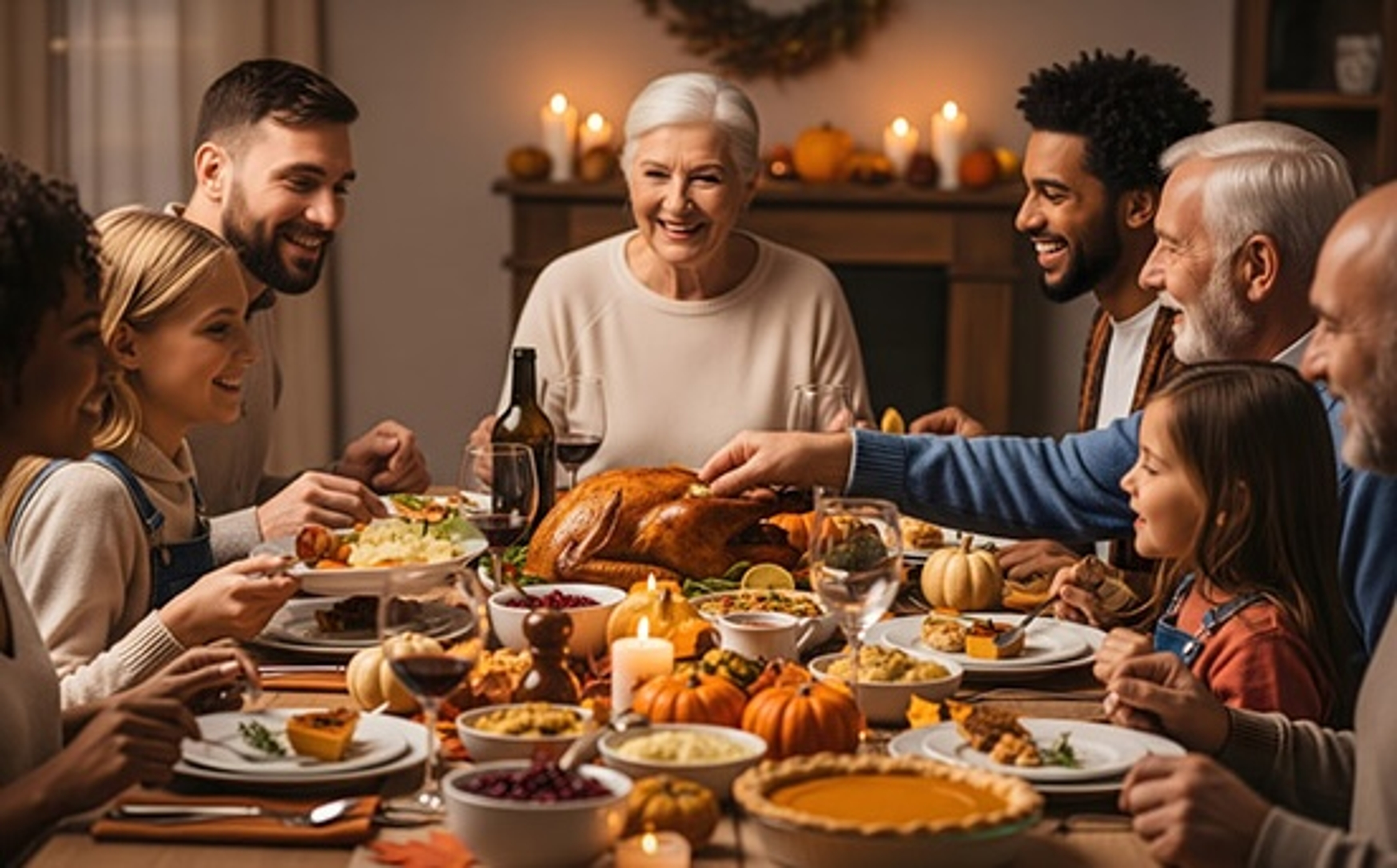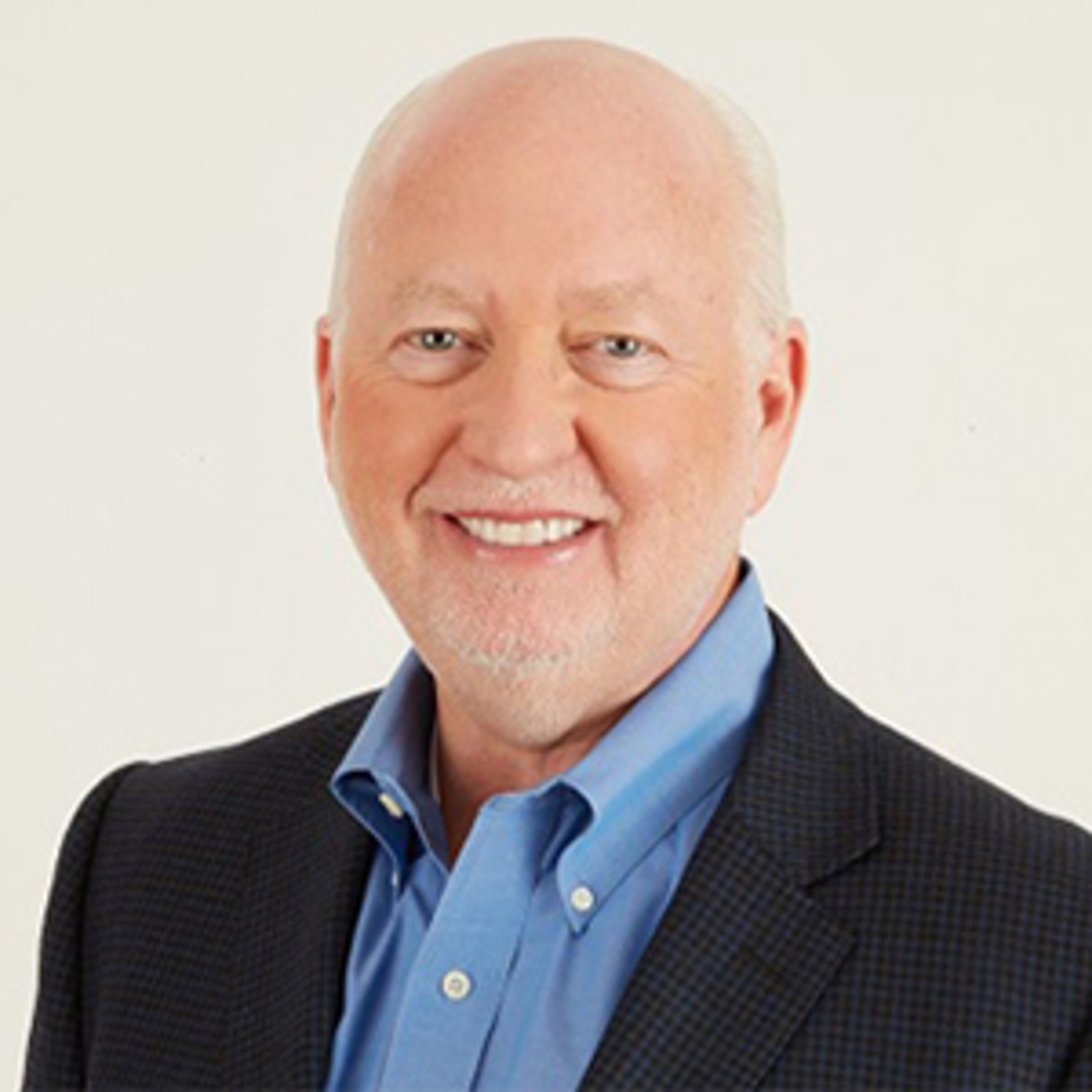Is It the Pie or the People? What Really Makes Thanksgiving
From familiar dishes to evolving traditions, see how Thanksgiving rituals create meaning, deepen connections, and bring families together.
Nov 16, 2025
Written by our Founder and Chairman, the Celebrations Pulse letters aim to engage with our community. By welcoming your ideas and sharing your stories, we want to help you strengthen your relationships with the most important people in your life.
I’ve been thinking a lot about the rhythm of Thanksgiving Day. The repetition is what stays with me: the same dishes in the same bowls, the familiar scents wafting from the kitchen, and the chatter coming from the family room.
The patterns extend to the day’s activities. Things like someone telling the same joke or grandkids vanishing and reappearing just in time for dessert. There’s a natural pace, and everyone slips into a role they’ve played before.
At first, these patterns might seem like simple things we do year after year without thinking. But over time, they take on meaning. The more we repeat them, the more they become part of the story we tell as a family. They become our Thanksgiving rituals.
As the years go by, I’ve come to appreciate the power of rituals. Besides grounding us, they carry our memories and connect us across generations. They help us slow down and enjoy the people sitting with us around the table. They make the day feel whole.

The evolution of rituals
Rituals can sometimes feel like they’re set in stone. They’re so predictable, you might have even joked about them on the way to grandma’s house.
But they’re more flexible than we give them credit for. Like us, rituals evolve as they’re shaped by the past, lived in the present, and take on new meaning for each generation. Over time, what begins as a simple activity becomes something rich with memory and tradition.
One of my favorites in our family started years ago with my sister Julie. Before the meal, she began asking everyone to share one thing they were grateful for. At first, it was mostly jokes or a quick “pass.” But over the years, something shifted and people opened up. The responses became more thoughtful and emotional. Now, it’s a tradition everyone looks forward to.
We’ve also made a point of giving everyone a job. One person sets the table while another handles drinks. The grandkids join in too, folding napkins, stirring sauces, or serving as “official taste testers.” These little jobs help turn the meal into something we all create together.
Sometimes, rituals emerge when you least expect them. A few years back, during the pandemic, we had to celebrate outside. I set up a makeshift taco stand in the backyard, and “Papa’s Turkey Tacos” were born. The grandkids loved it.
We brougthanht it back the next year and eventually moved it to the Sunday after Thanksgiving. It gave us another reason to gather and another ritual to share. The evolution also made it easier to include neighbors and friends in the celebration.

Sharing our tables — and rituals
Thanksgiving can be one of the loneliest holidays for people who are far from their families or have lost their relatives. That’s why it’s important to use your power and reach out to friends. If someone has no plans, consider extending your table – and rituals.
If you decorate your home or your porch, for instance, why not do it along with a neighbor? Or if you partake in post-Thanksgiving celebrations or donate leftovers, why not invite a friend or co-worker to join you?
Jay, a member of our community, told me about a Thanksgiving he was planning to spend alone until a friend sent a text and invited him over to her family’s feast.
When Jay walked into the home, he found himself surrounded by 14 people he didn’t know. It could have been awkward. He shared:
“When I walked in, I almost died, but everyone could not have been nicer. It ended up being one of the most memorable Thanksgivings I’ve ever experienced.”
This year, Thanksgiving is needed more than ever. Use your power — and your rituals — to expand your circle and, like Jay, create the memories you’ll be talking about for the rest of your life.
All the best,
Jim













